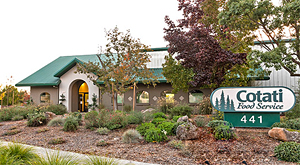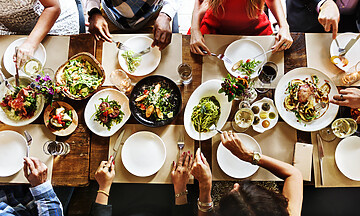Are you a healthy eater? Good for you! But if you are eating food from Styrofoam and plastic-based food containers, then what you are doing couldn’t be any less healthy for the environment and planet. Plant-based biodegradable food containers are eco-friendly alternatives to Styrofoam and plastic-based food containers. Styrofoam and plastic-based food containers are convenient and always readily available. However, consumers’ continued use is inflicting irreparable and traumatic harm to the environment and global biosphere. 
Styrofoam and plastic-based food containers don’t biodegrade – at least not on any appreciable human time scale. Styrofoam is a petroleum-based plastic product made from a chemical called polystyrene. When you throw a one-time-use Styrofoam coffee cup away, it isn’t going anywhere even if you forget about it.
It takes 500 years for Styrofoam to biodegrade fully. And even that is a generous, conservative estimate. Some scientists think it could take as long as 1 million years for Styrofoam products to biodegrade fully. There are better eco-friendly alternatives for convenient eating, keeping your food warm, or easy to transport. Many plant-based biodegradable food containers can make food storage and transport just as convenient.
Plant-based biodegradable food containers resemble transparent or opaque Styrofoam and plastic containers but are made entirely of plant-based matter. Plant-based containers biodegrade and are compostable too. They are usually made of substances like bagasse, which is the fibrous and pulpy byproduct residue left behind after processing sorghum sugarcane. Some plant-based containers are made from polylactic acid or PLA. PLA is a plastic alternative that is made from the fermented starches of plants like corn. Depending on the product, some plant-based food containers can take anywhere between a few years to 1,000 years to fully biodegrade. And yes, they will keep your food just as warm as the plastic alternative.
So, you can use plant-based food containers, plant-based bowls, plates, cutlery and cups, and to-go bowls instead of the one-time-use plastic alternatives. You can even buy straws made from plant matter that are even compostable. So, in the future, think about the ecosystem the next time you want to pack warm food.
Want to learn more about eco-friendly non-food products? Contact Cotati Food Service today to see what we can offer you for your business!
Related – Why Plant-Based Eating is Here to Stay


